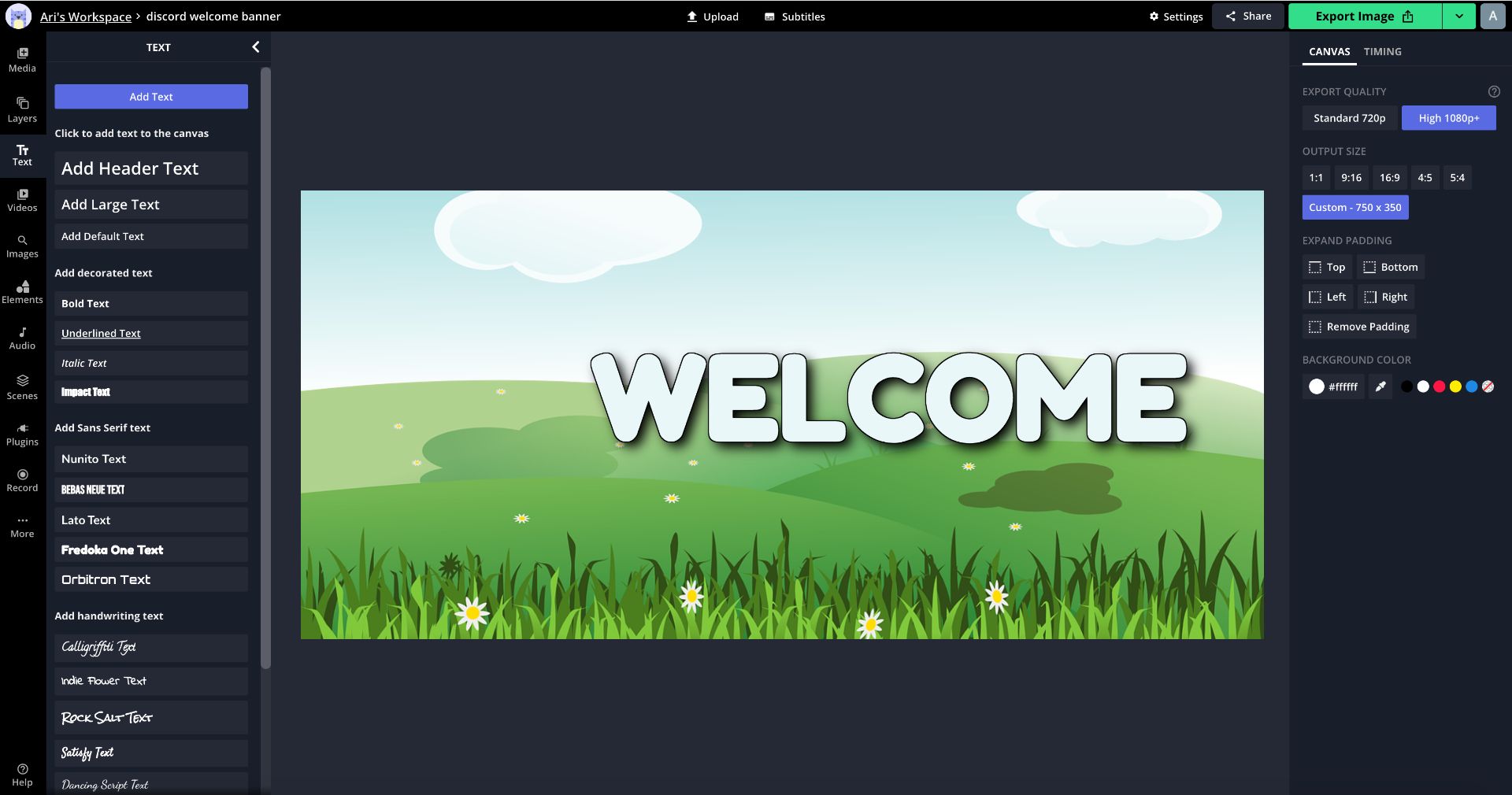

AI agents and automation are transforming how businesses operate. Each plays a unique role. AI agents, like virtual assistants, handle complex tasks. They think, plan, and adapt, making sense of vast data sets. Automation, on the other hand, tackles repetitive, mundane tasks, ensuring consistency and efficiency.
Now, imagine these two forces working in harmony. Automation takes care of routine jobs, freeing up time and resources. AI agents then step in to tackle more nuanced challenges, using their ability to learn and make decisions.
When combined, these technologies create a powerful synergy. Businesses can streamline operations, enhance productivity, and make smarter decisions. It's a blend that promises greater efficiency and innovation.
AI agents and automation work together to optimize business operations. AI agents orchestrate processes by managing and improving automated workflows. They ensure tasks are completed efficiently and adapt to changing needs. This collaboration maximizes productivity and flexibility.
In orchestration, AI agents assign roles and tasks within automated systems. They coordinate multiple agents to work toward a common goal. This involves managing interactions and ensuring each agent contributes effectively. The result is a streamlined process that enhances overall efficiency.
Here are some practical applications of this synergy:
Research and Content Creation: AI agents automate data analysis and summarize information, speeding up content production while maintaining accuracy.
Customer Service: Automation handles routine inquiries, while AI agents tackle complex issues, ensuring personalized and efficient customer support.
Supply Chain Management: Automated systems track inventory and shipments. AI agents analyze data to optimize routes and reduce costs.
Human Resources: Automation manages administrative tasks. AI agents assist in talent acquisition by analyzing candidate data for better hiring decisions.
In these scenarios, AI agents and automation work hand in hand. They create a robust system that supports business growth and innovation. This collaboration leads to smarter decision-making and more efficient operations. For a deeper understanding of how our platform integrates AI and automation, explore Mee.fun's comprehensive approach to team and project management, which highlights the importance of collaboration and reward systems.
Multi-agent systems bring a whole new level of efficiency to automation. By distributing tasks among specialized agents, these systems enhance the overall process. Each agent is designed to handle specific tasks, making operations smoother and more reliable.
Imagine having a team where each member excels in a particular area. That's what multi-agent systems do for automation. They allocate tasks to agents best suited to handle them, improving speed and accuracy. This specialized approach means tasks are completed with greater precision and less error.
Multi-agent systems also offer a robust framework for checks and balances. Agents work together, with some tasked to validate the work of others. This collaboration ensures that outputs are accurate and coherent, elevating the reliability of automated processes.
Here's how multi-agent systems benefit automation:
The synergy between AI agents and automation is clear. It leads to smarter, more efficient operations, setting the stage for innovation and growth.

involves a structured approach to seamlessly integrate these intelligent tools into business workflows. This process begins with the initial setup, where you configure AI agents to align with your specific needs.
First, secure the necessary tools. Platforms like Google Colab and frameworks such as Semantic Kernel are essential for creating and managing AI agents. These tools help set up the environment for development and integration. APIs play a vital role by enabling agents to interact with other systems.
Second, customize your AI agents. Tailor them to meet industry-specific requirements by defining distinct roles and tasks. Custom AI blueprints are useful for this purpose, allowing you to develop agents suited to unique business challenges.
Third, ensure compatibility and data integrity. This is crucial during the development phase. Make sure your AI agents are grounded in relevant datasets and that all systems can communicate effectively. This avoids potential hiccups and enhances the reliability of the agents.
Here's a simple setup process:
For more details on how we ensure user data protection and privacy while integrating these systems, you can refer to our Privacy Policy. Challenges like ensuring smooth integration and maintaining data security are common. Address these by regularly updating tools and conducting thorough testing. This approach not only mitigates risks but also enhances the effectiveness of AI agents within your business operations.
AI agents and automation reshape how businesses operate. AI agents tackle complex challenges, while automation handles routine tasks. Together, they create a powerful system for better business results.
AI agents serve as intelligent digital assistants. They process complex information and adapt to new situations. Automation delivers consistent, fast results for repetitive work. This combination helps businesses make better decisions and work more efficiently.
Multi-agent systems split work between specialized AI agents to deliver better outcomes. Each agent masters specific tasks, reducing mistakes and improving reliability. These systems keep business operations running at peak performance.
Here are the key takeaways:
Understanding this partnership helps businesses implement these technologies effectively. It creates a foundation for growth and innovation.





